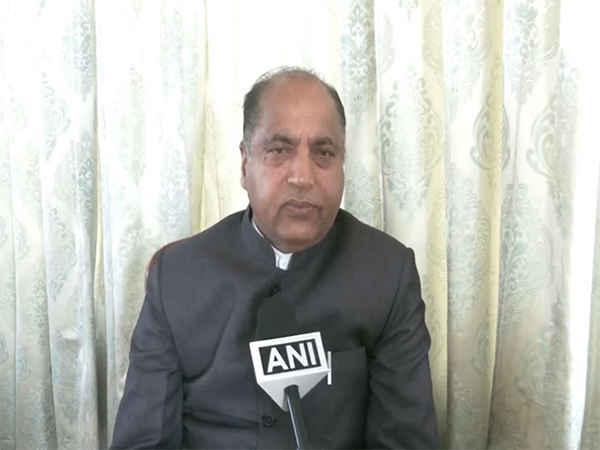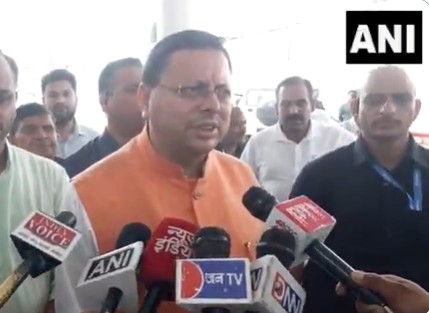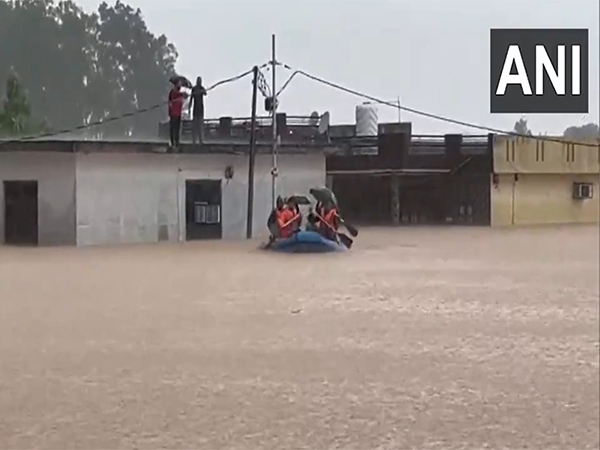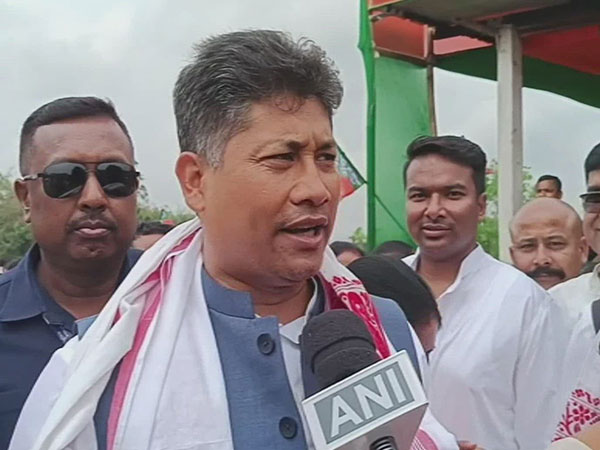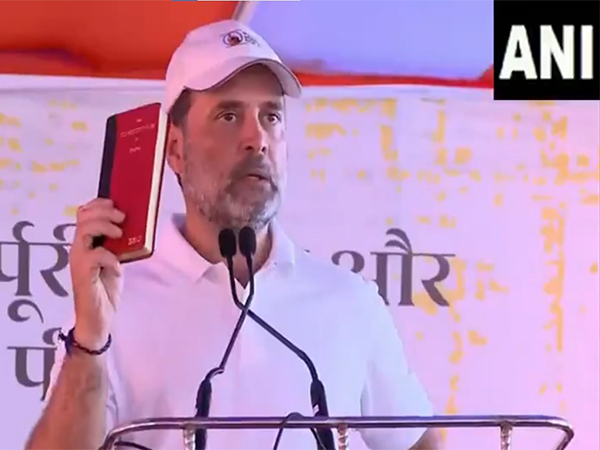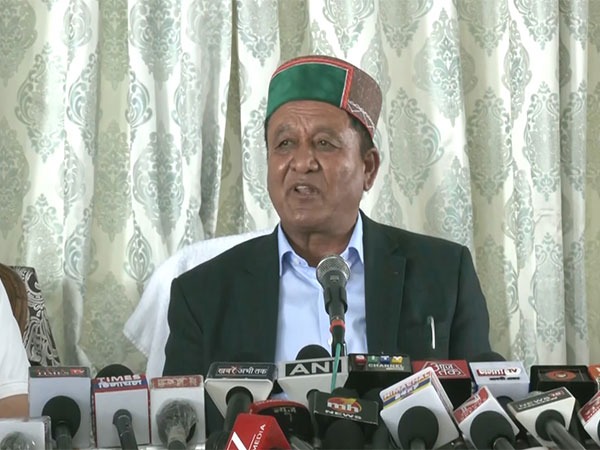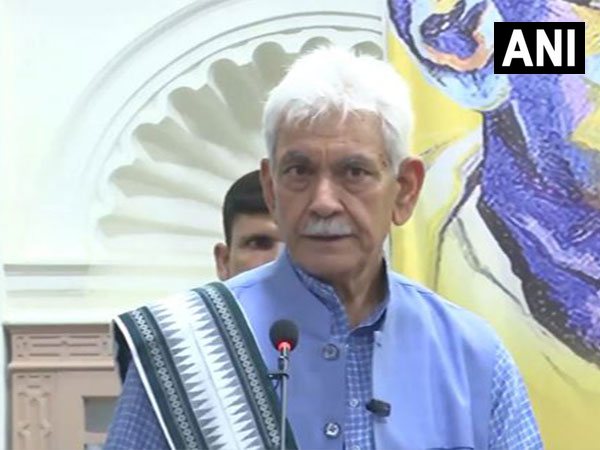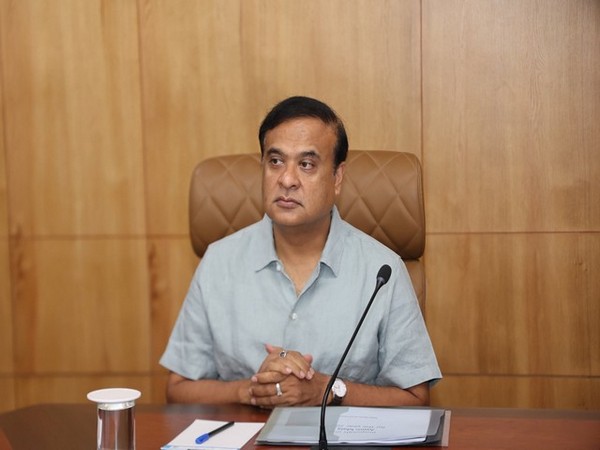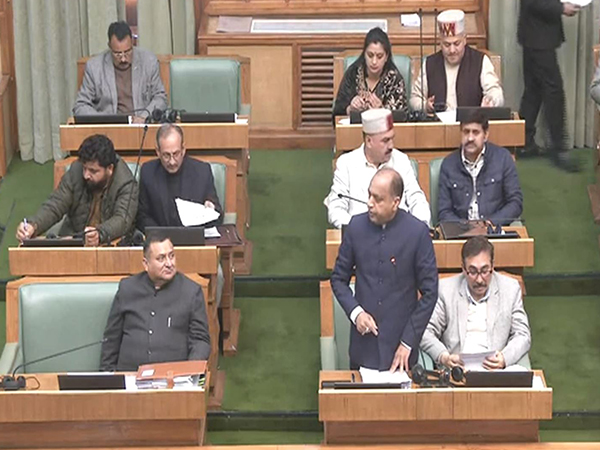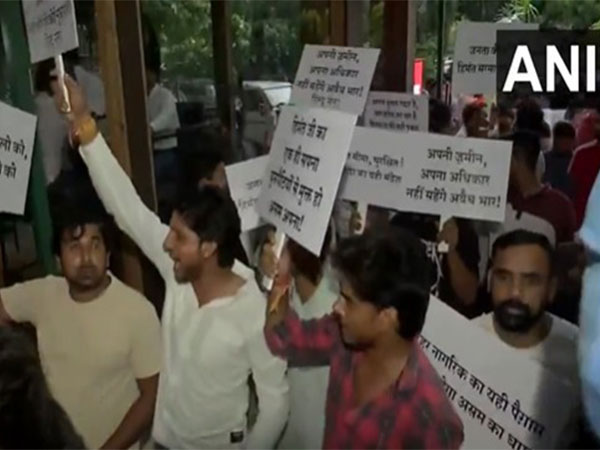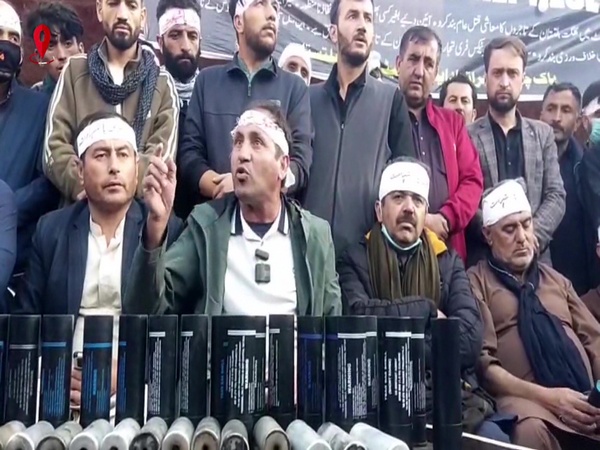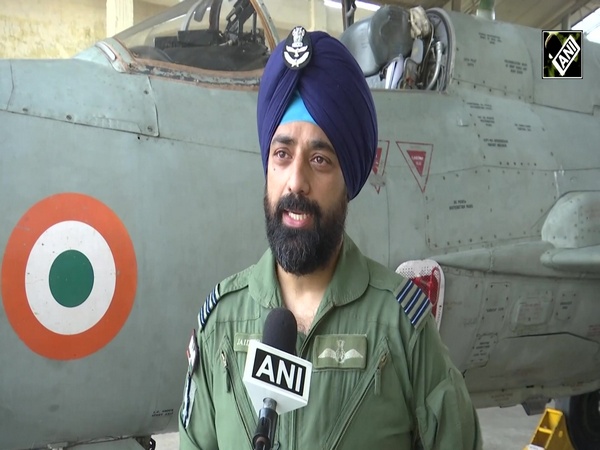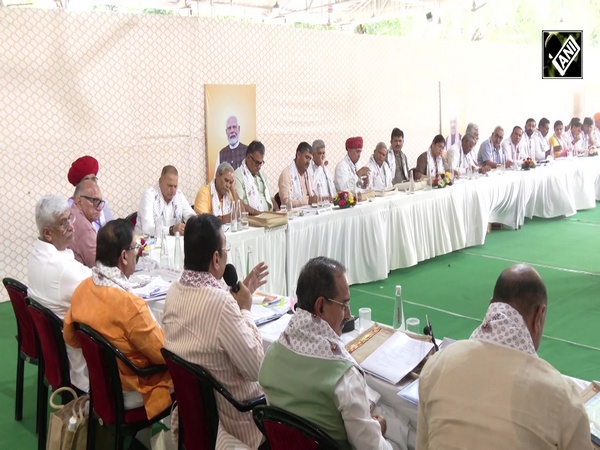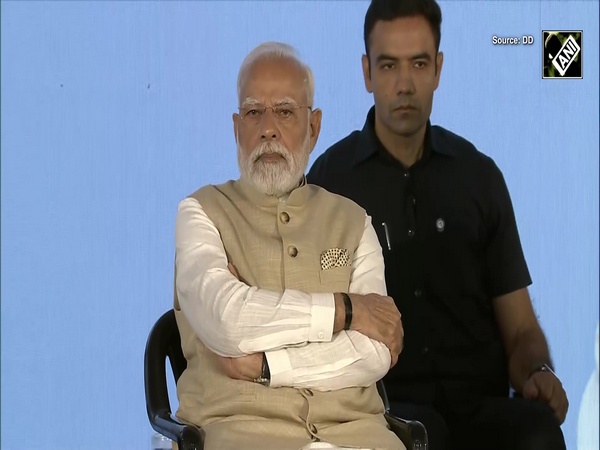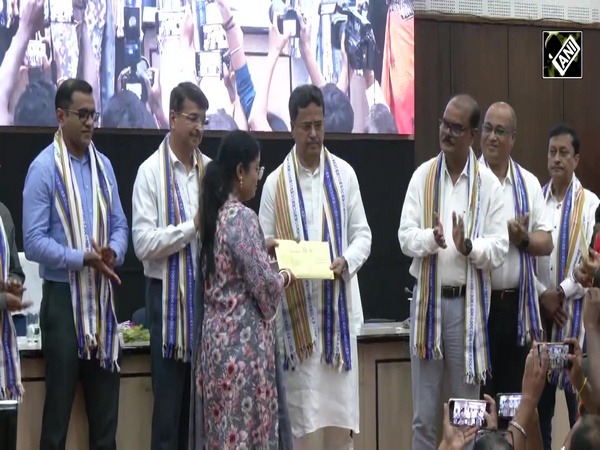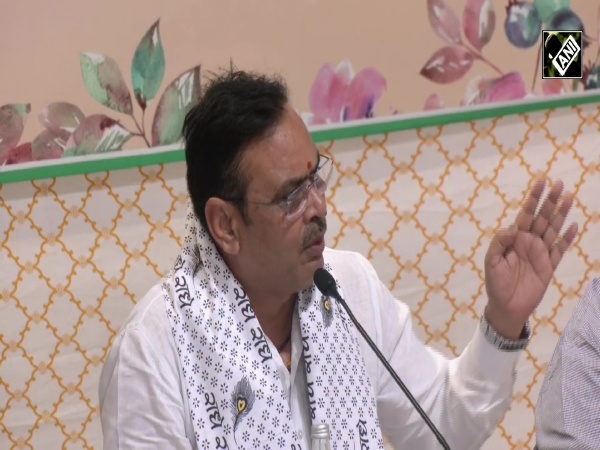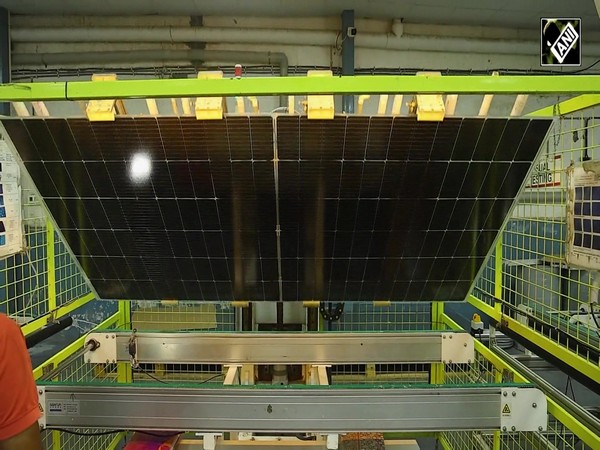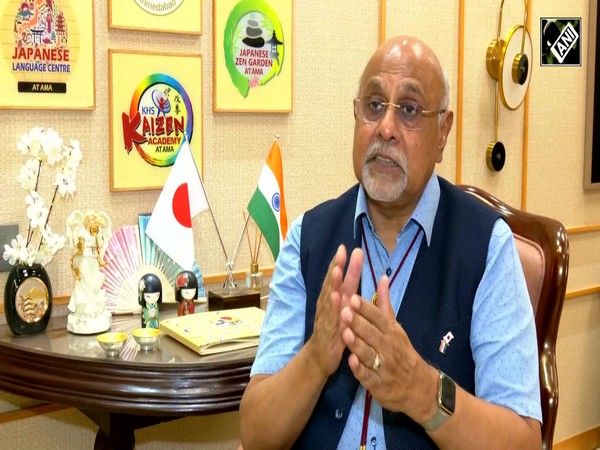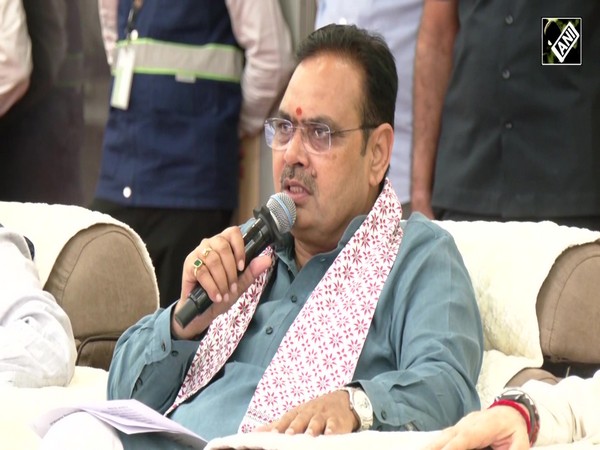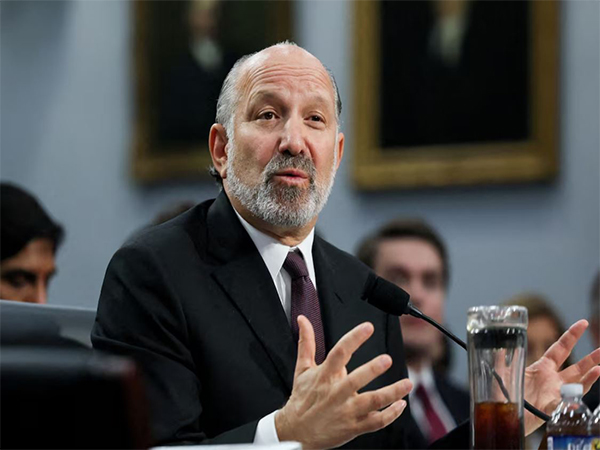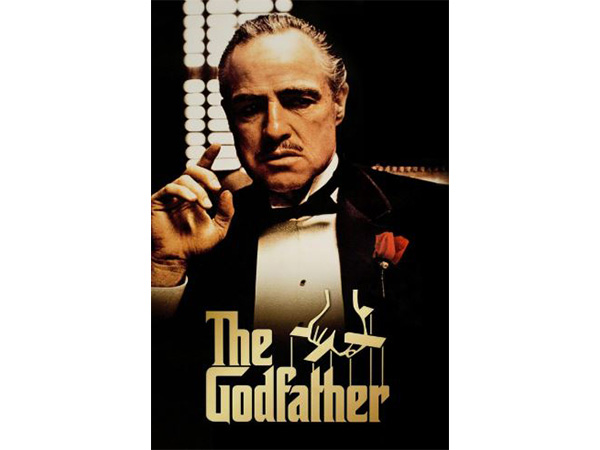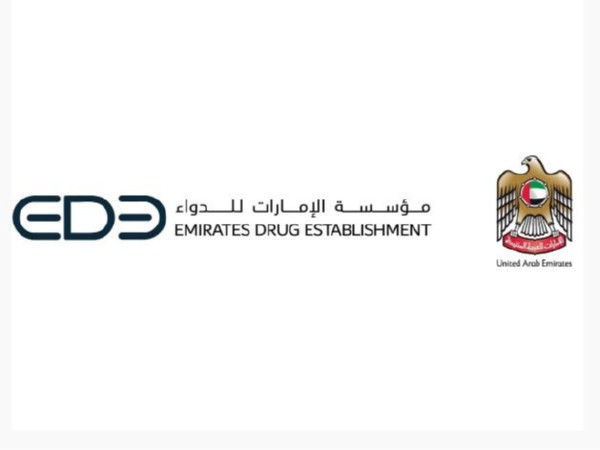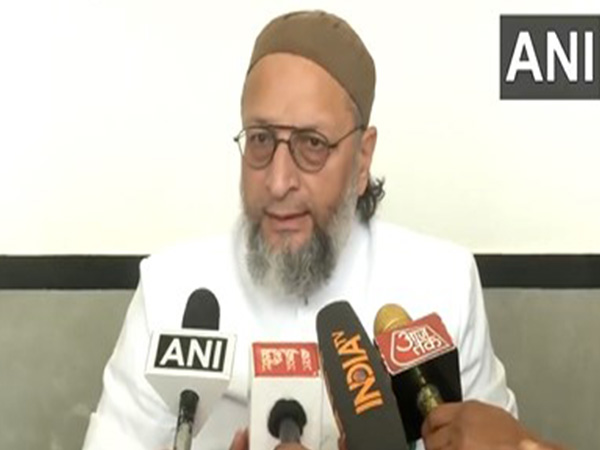
"Does constitutional morality not come here?": Owaisi flags concerns over 130th Amendment Bill
Aug 25, 2025
Hyderabad (Telangana) [India], August 25 : All India Majlis-e-Ittehadul Muslimeen (AIMIM) chief Asaduddin Owaisi on Monday questioned the independence of investigative agencies and raised concerns over the validity of the proposed 130th Constitutional Amendment Bill. He also requested Lok Sabha Speaker Om Birla to include him in the Joint Parliamentary Committee (JPC) reviewing the bill.
The Constitution (One Hundred and Thirtieth Amendment) Bill, 2025, introduced in the Lok Sabha on August 20, proposes a framework for the removal of the Prime Minister, Chief Ministers, and ministers in the Union and State Councils of Ministers if they are jailed for more than 30 consecutive days on serious criminal charges punishable with imprisonment of five years or more. The bill has been referred to a Joint Committee of both Houses of Parliament.
Reacting to the recent remarks made by Union Home Minister Amit Shah regarding the bill, Owaisi said that since the heads of investigative agencies such as Enforcement Directorate (ED), Central Bureau of Investigation (CBI), or the Income Tax (IT) are appointed by the central government, questions will be raised on the independence of the investigation, alluding to Opposition leaders being unfairly targeted with the proposed law.
"The executive (central govt) appoints the investigating agencies, be it CBI, ED. Until appointments are made independently, questions will persist about how these agencies operate under government direction. Even during the time of the UPA (United Progressive Alliance), it was the same," Owaisi told reporters here.
"Claiming that the proposed bill clashes with existing articles in the Constitution, especially Article 74 (1), which states that the President should act "in accordance with the aid and advice" of the Council of Ministers, which is headed by the PM.
"The Constitution (Article) stipulates that the President of India will be guided by the advice of the Council of Ministers. The proposed bill says the President can remove the PM. But how? This bill clashes with that article. Can a President make a PM resign?" Owaisi asked.
Notably, amid multiple Opposition parties, including the Aam Aadmi Party (AAP), Shiv Sena (Uddhav Balasaheb Thackeray) (UBT), Trinamool Congress (TMC), boycotting the JPC, the AIMIM chief has openly requested Lok Sabha Speaker Om Birla to include him in the committee.
"I don't know whether I will be a JPC member or not, but we will request the Speaker to include us in the JPC. It was already on the agenda that it would be sent to JPC, but what will happen to our apprehensions? In Maharashtra, you saw what happened. Our MLAs were broken; four of them left in Bihar, and then it happened in Karnataka too. Everywhere, the same thing is happening. You should make the investigative agencies independent. That government will not interfere with appointments. Does constitutional morality not come here?" Owaisi asked.
Owaisi's remarks come amid the recent remarks of Union HM Shah attacking the Opposition for their 'Black bill' protests against the proposed rules. Shah defended the bill, questioning whether elected representatives in other countries can run the government from jail.
"Does that suit the dignity of our democracy? Even today, they are trying to say that if they ever have to go to jail, they will easily form the government from jail. The jail will be made CM House, PM House and the DGP, Chief Secretary, Cabinet Secretary, or Home Secretary will take orders from the jail. My party and I completely reject the idea that this country cannot be governed without the person who is sitting there," said Amit Shah in an exclusive interview with ANI.
The Constitution (One Hundred and Thirtieth Amendment) Bill, 2025 were introduced in the Lok Sabha on August 20 and have been referred to a Joint Committee of both the Houses which seek to provide for removal of the Prime Minister or a Minister in the Union Council of Ministers and the Chief Minister or a Minister in the Council of Ministers of States and UTs facing serious criminal charges which are punishable with imprisonment for a term which may extend to 5 years or more and are arrested and detained in custody for more than 30 days.
